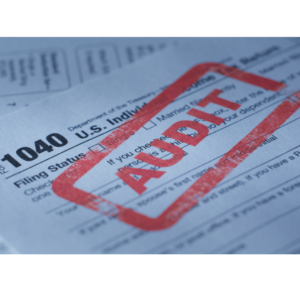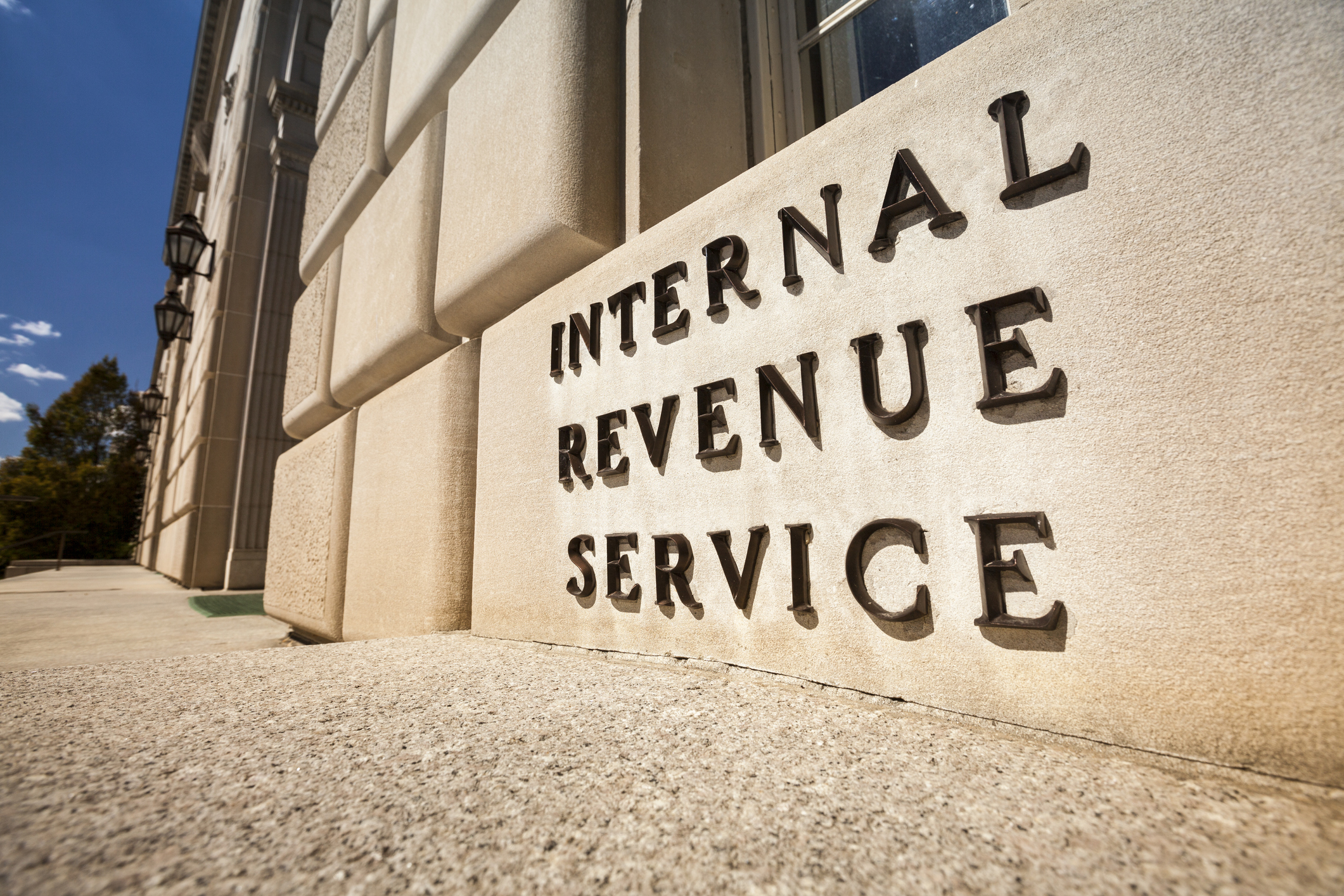IRS Announces Key Updates and Relief Measures
Tax Filing Commences for 2023 Earnings The Internal Revenue Service (IRS) has announced that taxpayers can start filing their taxes on 2023 earnings from January 29, 2024. This marks the official commencement of the 2024 tax season, signaling the need for taxpayers to prepare their documents and filings.
Significant Penalty Relief for Taxpayers In a major development, the IRS is offering penalty relief for eligible taxpayers who were impacted by the pause in collection notices during 2020 and 2021. This relief comes as part of the IRS’s response to the COVID-19 pandemic, during which it temporarily halted the mailing of automated payment reminders for overdue tax bills. While reminder notices were suspended, penalties for failing to pay continued to accrue, placing an added burden on taxpayers.

This new penalty relief is expected to benefit nearly 5 million taxpayers, providing an estimated $1 billion in tax relief. Targeted primarily at individuals earning under $100,000 annually, this relief represents a significant easing of the financial burden for many.
Staggered Account Adjustments The IRS has detailed a phased approach to making these adjustments. Individual accounts have already been adjusted, with business accounts set to follow in late December to early January. Trusts, estates, and tax-exempt organizations will see adjustments in late February to early March 2024.
For those eligible, this relief is automatic, requiring no action on their part. Taxpayers who have already paid the penalties but qualify for relief will receive refunds or have their payments credited against outstanding tax liabilities. However, it’s important to note that the failure-to-pay penalty will resume on April 1, 2024, for eligible taxpayers.
IRS Commissioner Comments on Relief Measures IRS Commissioner Danny Werfel emphasized the agency’s commitment to supporting taxpayers, especially those who haven’t received communication from the IRS in a while and might face a sudden tax bill. This penalty relief is part of the IRS’s broader effort to provide a more taxpayer-friendly approach.
Important Dates and Deadlines for 2024 Tax Season
- Tax Season Start Date: January 29, 2024.
- Federal Tax Return Deadline: April 15, 2024.
- Extended Deadlines for Maine and Massachusetts: April 17, 2024, due to state holidays.
- Special Provisions for Disaster Areas: Additional filing time may be available.
The IRS expects to process over 128.7 million individual tax returns by the April 15 deadline, with most refunds issued within 21 days, and many available by February 27. However, some returns requiring additional review may take longer.
IRS Launches Direct File Program In a transformative move, the IRS is introducing the pilot Direct File program in 2024. This program allows eligible taxpayers to file their 2023 federal tax returns online directly with the IRS, free of charge. Initially available in phases, the program is expected to be fully operational by mid-March.
Eligible residents in 12 states, including those from states without an income tax, can participate if they meet specific criteria. Four states – Arizona, California, Massachusetts, and New York – are collaborating with the IRS to integrate state taxes into the program.
Commissioner Werfel assures taxpayers of continuous improvements in IRS operations, emphasizing the agency’s commitment to utilizing new funding to enhance taxpayer services.
Our sister company, Heritage Tax Company, is accepting new tax clients. Click here for the New Client Application.
5 Common Triggers for Small Business IRS Audits: How to Stay Prepared
IRS audits can be a source of anxiety for both individual taxpayers and small business owners. In recent years, the IRS has increased its focus on auditing small and medium-sized businesses, especially those with relatively low annual revenue. While there's no foolproof way to avoid an audit, being aware of common red flags and taking preventive measures can significantly reduce your risk. In this blog post, we'll explore five reasons why small businesses get audited and provide tips on how to minimize your audit risk.

1. Reasonable Salary Small businesses structured as S-Corporations need to pay their shareholder-employees reasonable salaries. Paying an unreasonably low or high salary can trigger an audit, as it may be an attempt to avoid payroll taxes. Determining what constitutes "reasonable compensation" can be complex, but conducting market research and ensuring your salaries align with industry standards can help you stay in compliance.
2. Losses and Deductions While itemizing deductions is common for small business owners, having an excessive number of deductions can raise red flags. Deductions must meet the criteria of being both "ordinary" and "necessary" for your trade or business. Keep meticulous records, retain receipts, and ensure your deductions align with IRS guidelines to avoid scrutiny.
3. Shareholder Distributions Shareholder distributions must be handled alongside reasonable compensation. Making distributions without providing proper compensation can attract IRS attention as an attempt to avoid payroll taxes. Understand your options, which include no compensation, reasonable compensation, or a combination of both. Be aware that retroactive distributions may come with additional costs.
4. Employment Tax Compliance Misclassifying workers as independent contractors when they should be employees is a common audit trigger. Independent contractors should have control over their schedules, work assignments, and conditions. Review IRS guidelines carefully when hiring new workers to avoid misclassification and potential liabilities.
5. Entity-Level Issues Businesses that deal primarily in cash transactions, such as restaurants or beauty salons, may face a higher risk of audits due to the difficulty of tracking cash income. While cash transactions are essential for some businesses, maintaining impeccable records and accurately reporting income is crucial to minimize audit risk.
While IRS audits remain a concern for small businesses, understanding these common triggers and taking proactive steps to address them can help you reduce your audit risk. Ensuring reasonable compensation, careful deduction reporting, proper handling of shareholder distributions, accurate worker classification, and diligent record-keeping can go a long way in keeping your small business in compliance with tax regulations. Remember, being prepared and informed is your best defense against potential audits.



